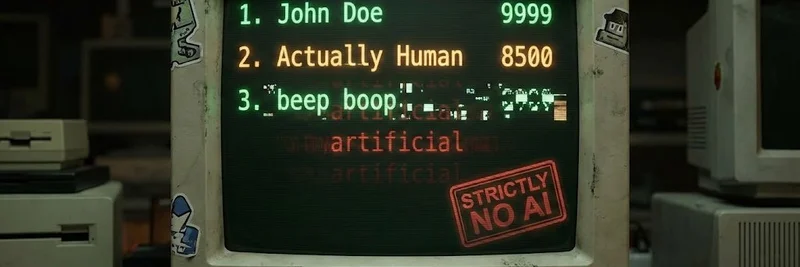Hey there, crypto enthusiasts and blockchain developers! If you’ve been itching to jump into the Solana Mobile Hackathon but don’t have a Seeker device yet, don’t worry—there’s a way to get started right now! In this guide, we’ll break down how you can build your app using a generic Android emulator or phone, thanks to the magic of the Mobile Wallet Adapter. Let’s dive in!
Why the Solana Mobile Hackathon Matters
The Solana Mobile Hackathon, kicking off on July 1st, 2025, and running until August 4th, 2025, is a $100,000 prize pool event hosted by Radiants and powered by Seeker. It’s a golden opportunity to create mobile decentralized apps (dApps) for Solana’s growing ecosystem. With over 150,000 crypto-native users set to receive Seeker devices by the hackathon’s end, your app could land in the hands of a massive audience. But what if you don’t have a Seeker yet? That’s where this hack comes in!
Building Without a Seeker: The Basics
Good news—@beeman_nl, a savvy developer on X, shared a game-changing tip: you can build your app using any Android emulator or a recent Android phone. Here’s how it works:
- Android Emulator: This is a virtual device you can run on your computer using tools like Android Studio. It mimics different Android devices, letting you test your app without needing the physical Seeker.
- Generic Android Phone: If you have an older Android device lying around, it can also do the trick for development and testing.
The key is the Mobile Wallet Adapter, a protocol that connects your dApp to a wallet app on the device. This adapter ensures your app works seamlessly across different devices, including the Seeker, with a smoother user experience (think buttery transaction signing—🧈🧈🧈!).
Steps to Get Started
Set Up Your Development Environment:
- Download and install Android Studio to access the emulator.
- Configure an emulator with a recent Android version (e.g., Android 12 or higher) to match Seeker’s capabilities.
Install a Compatible Wallet:
- Use a Solana-compatible wallet app (like Phantom or Solflare) on your emulator or phone to test wallet interactions.
Leverage the Mobile Wallet Adapter:
- Integrate the adapter into your project using the Solana Mobile SDK. This abstracts the technical details, making it easy to connect your dApp to any MWA-compliant wallet.
Test and Tweak:
- Build your app and test it on the emulator or phone. While the experience might not be as polished as on a Seeker (due to hardware optimizations), it’s fully functional for development.
Submit Your Project:
- Follow the hackathon’s signup process to create a profile and submit your work by August 4th, 2025.
Why This Approach Works
The beauty of this method is its flexibility. You don’t need to wait for a Seeker device to start coding—perfect for developers on a budget or those eager to beat the clock. Plus, @beeman_nl’s offer to share a work-in-progress template (announced soon!) could give you a head start. Once Seekers ship, your app will “magically work… just better” thanks to the adapter’s compatibility.
Ideas to Spark Your Creativity
Not sure what to build? The hackathon welcomes a range of app ideas, from payments and gaming to AI tools and even quirky “fart apps” (yes, really!). Check out Radiants’ thread for inspiration, and consider adapting existing web dApps to mobile for a quick win.
Join the Community
Ready to build? Hop into the hackathon Discord to connect with other developers, ask questions, and share your progress. With $100,000 in cash prizes, Seeker phones, and bonus rewards for $BONK integration, the stakes are high—but so are the rewards!
So, grab your emulator, fire up your creativity, and start building for the Solana Mobile Hackathon today. No Seeker? No problem! Let’s make some waves in the meme token and blockchain world together. Drop your thoughts or project ideas in the comments below—we’d love to hear from you!


